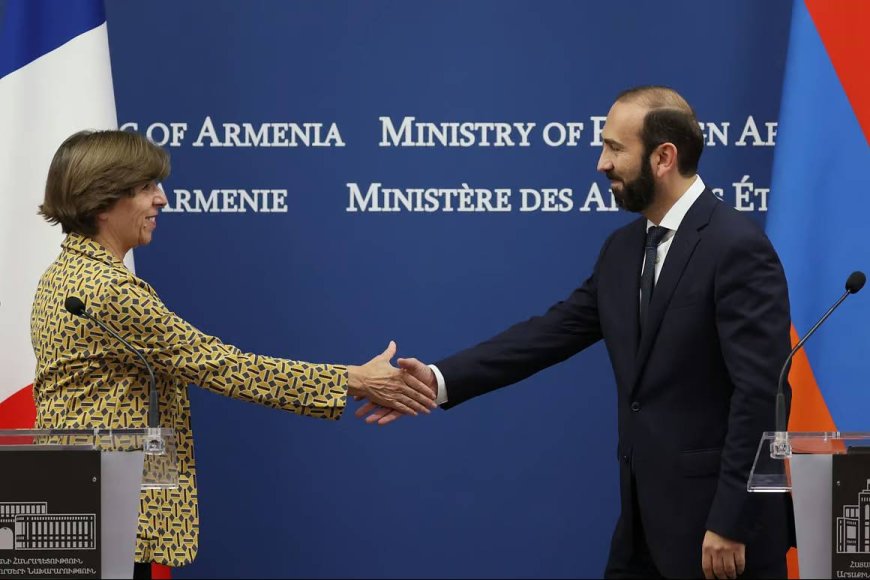France's Strategic Calculations in the South Caucasus: Unraveling the Motives Behind Paris’ Support for Armenia
France, renowned for its active engagement in the South Caucasus region, holds the third-largest Armenian diaspora population after the United States and Russia. The presence of the Armenian community in France has fostered a unique dynamic that influences policy decisions within the Élysée Palace. Consequently, France's commitment to advocating for the rights of the Armenian people is perceived as a national imperative. This commitment is evident in France's unwavering support for Yerevan amidst the ongoing tensions between Azerbaijan and Armenia. Some observers argue that France's recent resolution on November 15 further intensified its support for Armenia, prompting speculation on its underlying motives. Additionally, there are indications that Paris aims to revitalize the Minsk Group and solidify its position in the Armenia-Azerbaijan conflict.

However, it is essential to discern that the November 15 resolution has not only amplified France's involvement in the Caucasus region but also provided a pretext for its continued engagement in the volatile region.
On this date, the French Senate overwhelmingly approved a resolution, garnering 295 votes in favor, urging the government to impose sanctions on the Republic of Azerbaijan due to the attacks against Armenia in September 2022. This resolution outlined two main political objectives: firstly, it called for the deployment of international forces in the border areas of Armenia, citing the necessity to bolster Armenia's defense capabilities and ensure security within internationally recognized borders.
Secondly, it sought to intervene in Azerbaijan's internal affairs through collaboration with Armenia and the Armenians living in the disputed Nagorno-Karabakh region. Specifically, the resolution denounced Baku’s control over the Lachin Corridor and emphasized the imperative to maintain the status quo while urging Azerbaijan to withdraw from the points it occupied.
Since the adoption of this resolution, France has endeavored to boost its presence in Nagorno-Karabakh, and this has strained relations between France and Azerbaijan, undermining the provisions of their bilateral agreement dating back to 1993. Azerbaijani diplomats believe that France's persistent support for Armenia has contributed to the protracted conflict, as Paris seeks to preserve its vested interests in the region.
In a recent development, the French Minister of Defense announced the deployment of anti-aircraft and radar systems to Armenia. This move has elicited criticism from Azerbaijani authorities.
As a matter of fact, today it became evident that France's interests in perpetuating tensions between Baku and Yerevan stem from its broader objectives within the context of the French-Turkish confrontation in the Mediterranean.
Over the years, the United States has sought to penetrate the surrounding areas of Iran, Russia, and China by fueling ethnic tensions and embroiling these nations in regional crises. In this regard, Washington has actively enlisted the support of European countries, particularly France, to advance its sinister goals.
In conclusion, it is essential to acknowledge that the Caucasus and Central Asia regions primarily fall under the control of Iran, Russia, and China, causing Western governments to harbor concerns regarding the strategic unity of these countries and thus the constraints imposed on their maneuverability in the oil-rich region. As the United States and the Israeli regime seem handicapped in confronting the Palestinian resistance, heightened tensions between Baku and Yerevan offer a potential opportunity for the West. However, it is crucial to recognize that the deep crisis faced by the West and the United States is more insurmountable than tensions like the long-standing Azerbaijan-Armenia conflict can have on the trajectory of the emerging world order, which aspires to be free from Western tyrannical hegemony.













































